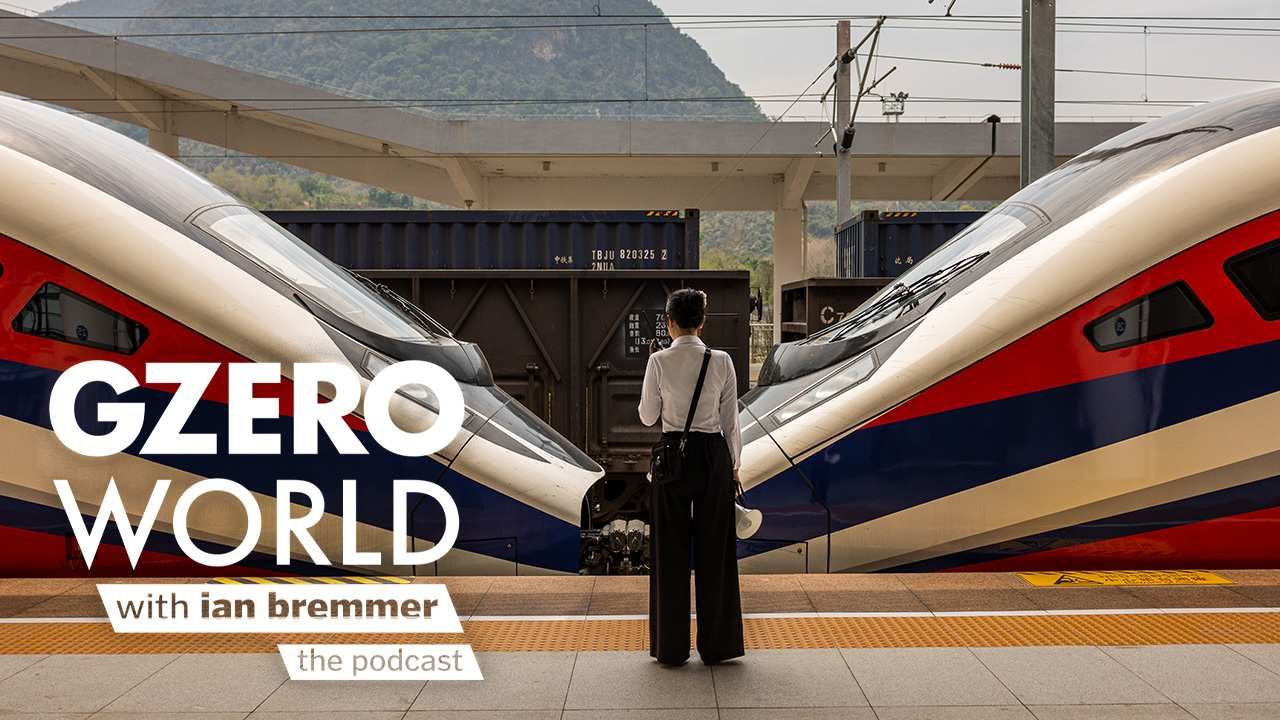10,000: Tomorrow, China will hold live-fire naval drills in the Taiwan Strait that include 10,000 people, 48 ships and submarines, and 76 fighter jets. The drills, China’s largest ever, are sure to further inflame already-rising tensions with Taiwan, the self-governing island that Beijing considers part of China.
5,000: Venezuela’s acute political and humanitarian crisis is now driving out some 5,000 refugees a day, according to the UN. At that rate, some 1.8 million people — or more than 5 per cent of Venezuela’s population — will depart this year. They are straining the ability of neighboring countries like Brazil and Colombia to cope, in ways that could become politically significant soon.
68: Back in the late 1980s, some 68 percent of Americans polled said they thought that the world’s leading economic power was… Japan. Only a quarter said the US was top dog, even though the US economy was almost twice as large as Japan’s at the time. Today, 44 percent of Americans give that title to China, while 42 percent say the US still rules the roost (Japan clocks in at a modest 4 percent.)
11: The share of Russians who view the US positively has fallen 11 points to just 26 percent since Trump’s inauguration in 2017. Despite early hopes that Trump would improve US-Russia ties, his administration and Congress have hit Moscow with several rafts of fresh sanctions. Meanwhile, 70 percent of Russians view China positively.
2: Only two subgroups of voters currently favor President Trump’s threatened tariffs on China: non college-educated whites and rural voters, according to a new poll. Trade policy is always about tradeoffs — and Trump’s tariff approach is designed to appeal directly to the base of voters that put him in office and who, he hopes, will keep him there in 2020.
